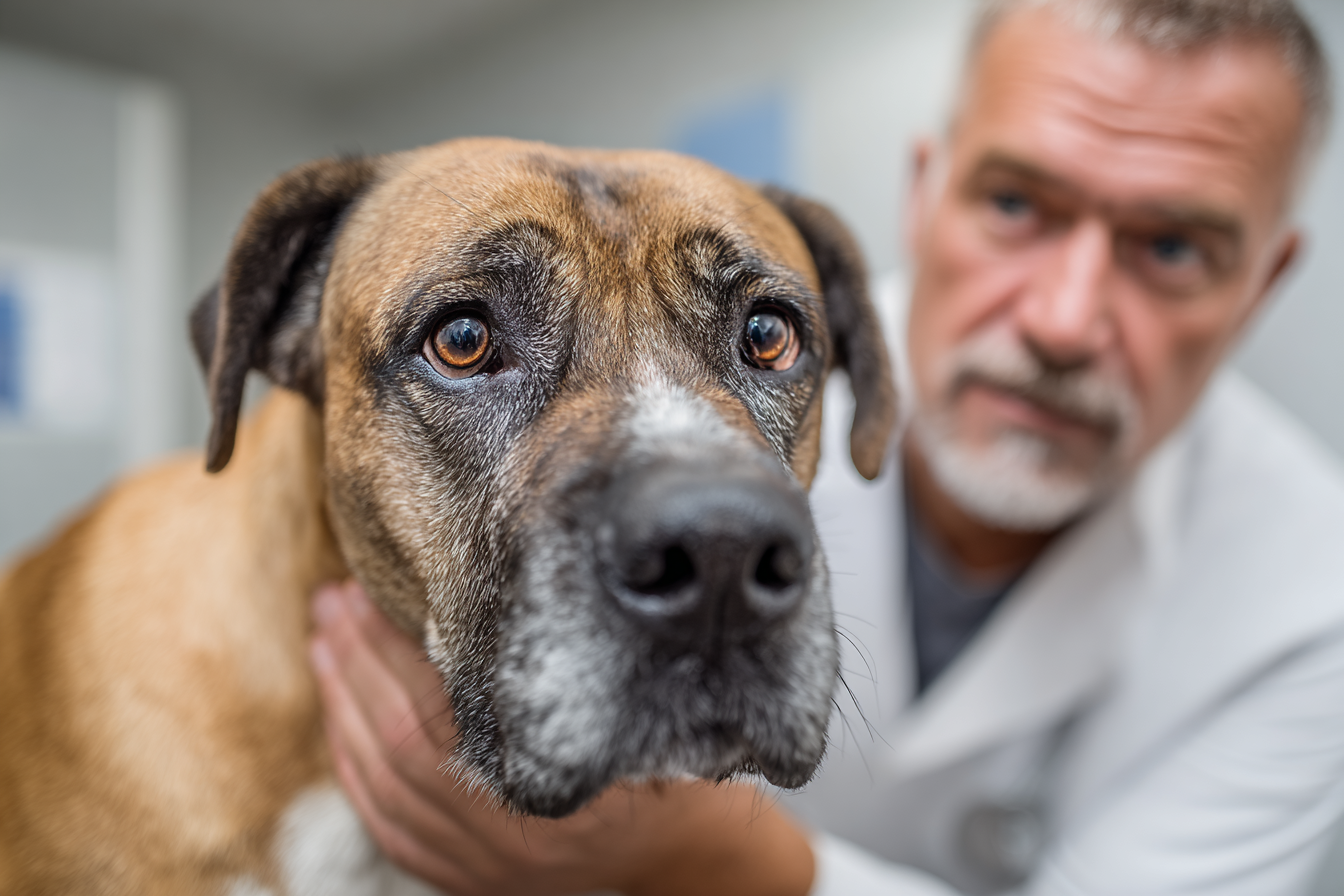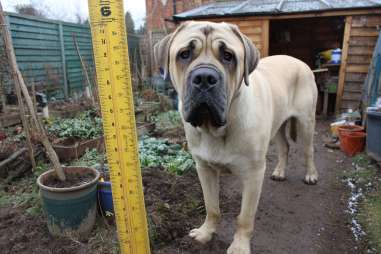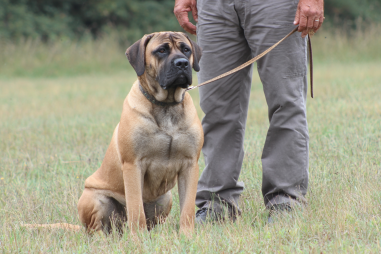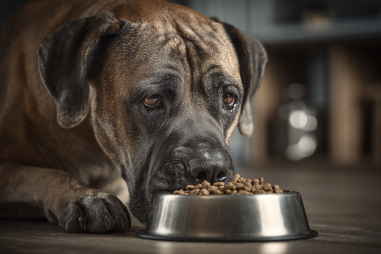Boerboels are a magnificent and strong breed hailing originally from South Africa, known for their protective nature and impressive size. While they make loyal and loving companions, they can be prone to certain health issues unique to their breed. Understanding these common health problems and how to manage them can help ensure your Boerboel lives a long, healthy, and happy life. In this article, we’ll explore the typical health challenges faced by Boerboels and provide useful tips on keeping your dog in top shape.
Overview of Frequent Health Issues in Boerboels
Like many large breeds, Boerboels are susceptible to specific health conditions that owners should be vigilant about. These issues often relate to their size, genetics, and active lifestyle. Among the most commonly reported problems are hip and elbow dysplasia, heart conditions, as well as skin allergies and infections. Each of these health challenges can vary in severity but being proactive with care can significantly improve your dog’s quality of life.
Hip and Elbow Dysplasia
One of the most prevalent health problems in Boerboels involves joint disorders, particularly hip and elbow dysplasia. These are genetic conditions where the joints do not form correctly, leading to instability, pain, arthritis, and mobility issues. Hip dysplasia occurs when the hip socket doesn’t fully support the ball of the thigh bone, while elbow dysplasia involves abnormal development in the elbow joint.
Symptoms to watch for include stiffness, limping, reluctance to exercise, difficulty rising after rest, or a noticeable “bunny hopping” gait. These signs may develop gradually, so regular observation is essential.
Management includes:
- Maintaining a healthy weight to reduce joint stress.
- Providing joint supplements like glucosamine and chondroitin.
- Engaging in controlled, low-impact exercise such as swimming or walking.
- Consulting your vet for possible treatments including anti-inflammatory medications or physical therapy.
Early diagnosis through screening and x-rays is particularly valuable, especially in breeding selections, to reduce incidences in future generations.
Heart Conditions
While not as widespread as joint issues, Boerboels can develop certain heart conditions, such as cardiomyopathy or murmurs, which affect the heart’s efficiency. Due to their size, their hearts work hard to support their muscular bodies, increasing the risk for such problems.
Signs of heart trouble may include coughing, difficulty breathing, exercise intolerance, fainting, or general lethargy. If you notice any of these symptoms, it’s important to have your vet perform a thorough cardiac evaluation, which may include auscultation, echocardiograms, or electrocardiograms.
Preventative steps involve regular veterinary check-ups and monitoring for abnormalities. Maintaining a balanced diet, avoiding obesity, and managing stress levels in your dog can also contribute to heart health.
Skin Allergies and Infections
Boerboels are also prone to skin issues, including allergies and infections. These can be caused by environmental allergens such as pollen, dust mites, flea bites, or certain foods. Skin sensitivities may present as redness, itching, hot spots, hair loss, or recurring infections.
Proper grooming habits are crucial in preventing many skin problems. Regular baths with hypoallergenic shampoos, alongside thorough brushing to remove dead hair and dirt, help keep the skin healthy. Flea control is another important part of prevention, as flea allergy dermatitis is a common culprit of skin irritation in Boerboels.
If your dog develops skin symptoms, your vet may recommend allergy testing, medicated shampoos, or medications such as antihistamines or steroids to reduce inflammation and discomfort.
Preventative Care Strategies
Prevention is the key to minimizing health issues in Boerboels. Responsible owners can adopt several strategies to keep their dogs healthy:
- Routine Veterinary Visits: Regular check-ups allow your vet to catch potential problems early before they become severe.
- Proper Nutrition: Feeding your Boerboel a balanced diet appropriate for its age, size, and activity level supports overall health and joint function.
- Exercise: Maintain a consistent, moderate exercise regimen to keep muscles strong and joints flexible without overstraining them.
- Weight Management: Avoid overweight conditions, which increase stress on bones, joints, and the heart.
- Genetic Testing and Responsible Breeding: If you are acquiring a Boerboel puppy, choose breeders who screen for hip/elbow dysplasia and other hereditary conditions.
- Parasite Control: Regular prevention against fleas, ticks, and worms reduces risks of skin problems and other infections.
When to Consult a Veterinarian
Knowing when to seek veterinary advice is essential for timely interventions. If you observe any unusual changes in your Boerboel’s behavior, mobility, skin condition, or breathing, it’s best not to delay a check-up. Early signs of joint pain, persistent coughing, sudden lethargy, or intense itching should prompt a vet visit.
Veterinarians can perform a comprehensive evaluation, run diagnostic tests, and recommend appropriate treatments and lifestyle adjustments. Partnering with your vet ensures your Boerboel gets the best care and support throughout its life.
Caring for a Boerboel means understanding their unique health needs and exercising vigilance to prevent and manage potential issues. With informed attention to joint health, heart care, skin maintenance, and overall wellness, your Boerboel can enjoy a vibrant and fulfilling life by your side.







